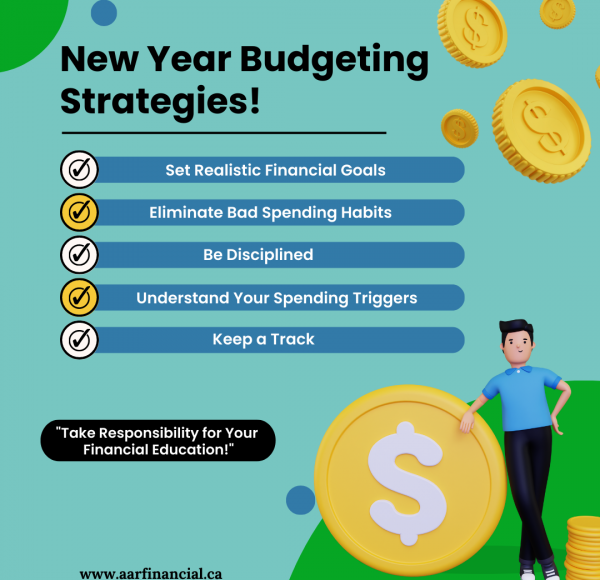Budgeting 101: How to Set a Realistic Budget
Creating a budget is a key step toward financial success. It gives you control over your money, helps you track spending, and ensures you’re saving enough for future needs. Here’s a step-by-step guide to creating a budget that works for you.
Track Your Spending
Before you can create a budget, you need to understand your current spending habits. Keep a record of every expense for a month—this includes rent, groceries, dining out, subscriptions, and even small purchases like coffee. Use a notebook, spreadsheet, or budgeting app to log everything. The goal is to get a clear picture of where your money is going.
Categorize Your Expenses
After tracking your spending, categorize your expenses. Some common categories include housing, utilities, groceries, transportation, entertainment, and savings. Breaking down your spending will help you see where most of your money is going and identify areas where you can cut back.
Set Financial Goals
Having financial goals is essential to staying motivated with your budget. Whether you’re saving for a vacation, building an emergency fund, or paying off debt, clear goals give you a reason to stick to your budget. Make your goals specific, measurable, attainable, relevant, and time-bound (SMART). For example, instead of saying “save money,” set a goal like “save $500 for an emergency fund in three months.”
Allocate Your Income
A popular budgeting method is the 50/30/20 rule, where 50% of your income goes to needs, 30% to wants, and 20% to savings and debt repayment. This formula can help you balance your current expenses with future savings. Adjust the percentages based on your personal situation and goals.
Monitor and Adjust Your Budget
Your budget isn’t something you set once and forget. It’s important to review and adjust it regularly, especially if your financial situation changes. For example, if you get a raise, you might allocate more to savings, or if you have unexpected medical bills, you may need to cut back in other areas. Regularly reviewing your budget helps you stay on track and make informed decisions.
Use Budgeting Tools and Apps
Technology can make budgeting easier. Apps like Mint, YNAB (You Need a Budget), and PocketGuard can help you track your spending, categorize expenses, and set goals. These tools offer real-time insights and alerts to keep you accountable.
Stay Disciplined
Sticking to a budget takes discipline. One of the most common pitfalls is impulse spending. To avoid this, make a shopping list and stick to it, plan meals in advance to reduce takeout, and set aside a small amount for discretionary spending to avoid feeling restricted. Discipline doesn’t mean deprivation—it’s about making intentional spending decisions.
Plan for Irregular Expenses
Irregular expenses, such as car maintenance, medical bills, or holiday gifts, can throw off your budget if you’re not prepared. To avoid this, plan ahead by setting aside a small amount each month to cover these occasional costs.
Save for the Future
In addition to covering your current expenses, a solid budget should help you save for the future. This includes building an emergency fund, saving for retirement, and setting aside money for major life events such as buying a home or starting a family. Even if it’s a small amount, consistently saving will help ensure financial security down the road.
Involve Your Family
If you share finances with a spouse, partner, or family member, it’s important to get everyone on the same page. Having regular discussions about financial goals, expenses, and savings can help ensure that everyone is working toward the same objectives. Involving your family fosters teamwork and helps avoid misunderstandings when it comes to spending decisions
Be Flexible
While it’s important to stick to your budget, it’s equally important to be flexible. Life happens, and sometimes unexpected expenses arise. If you have a particularly tight month, it’s okay to cut back on non-essentials like entertainment or dining out. Flexibility allows your budget to adapt to changing circumstances without causing undue stress.
Conclusion
Budgeting is a powerful tool for taking control of your finances. By tracking spending, setting realistic goals, and staying disciplined, you can create a budget that supports your financial well-being. Regular monitoring, flexibility, and the use of technology will help you stay on track and adjust as needed. Start budgeting today, and you’ll be on your way to achieving your financial goals.




































